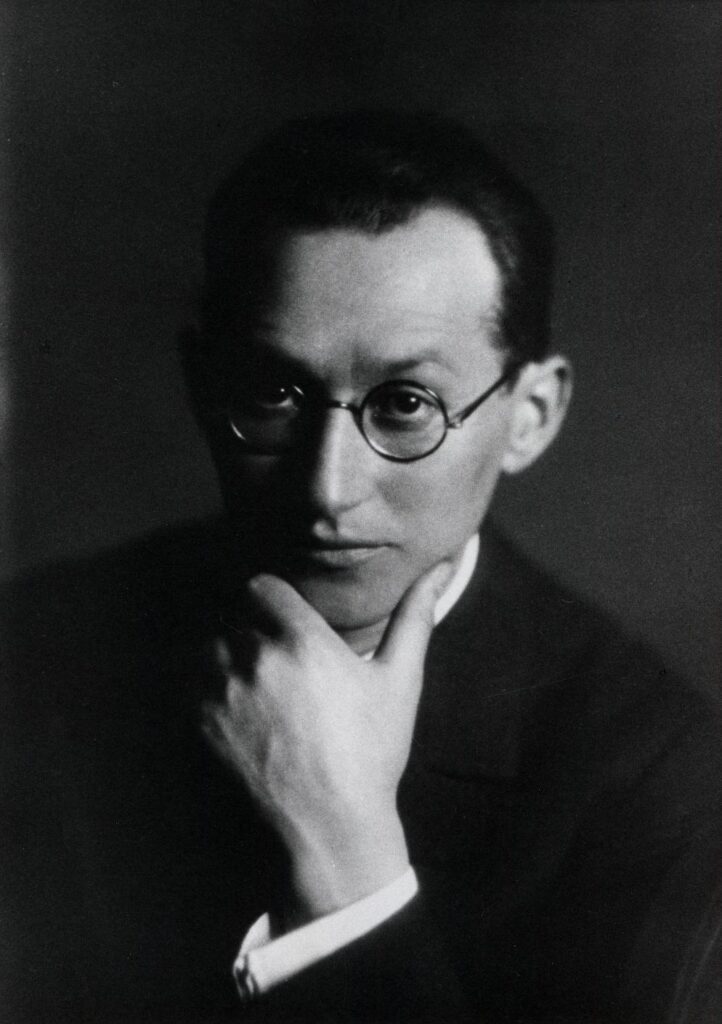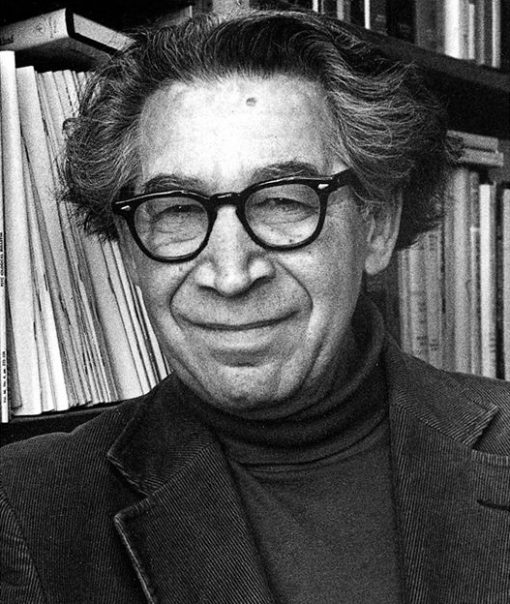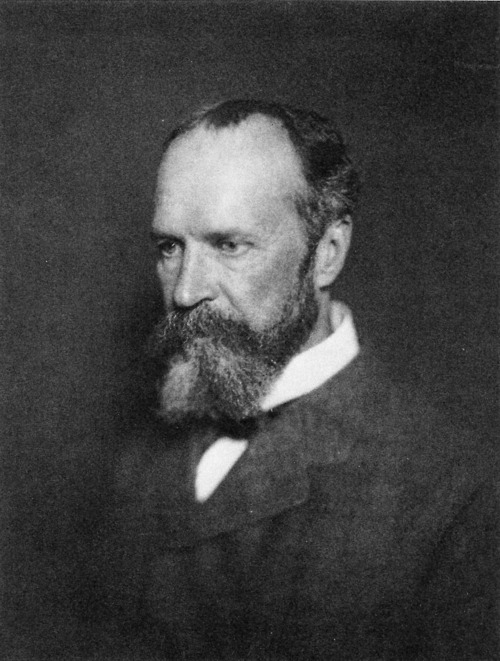
Social psychology is a rich field with many influential figures who have shaped its development.
Understanding the key figures in social psychology can provide valuable insights into the theories and concepts that form the foundation of this discipline.
In this blog post, we will explore some of the most prominent figures in social psychology and their contributions to the field.
5 Figures in Social Psychology
- Read also: What is Biopsychology? Demystifying the Mind-Body Connection
- Read also: Decoding Behavior: Classical vs. Operant Conditioning Explained
Wilhelm Wundt (1832-1920)

Wilhelm Wundt (1832-1920) holds the esteemed title of the founding father of social psychology, making significant strides in the field.
A German psychologist, he advocated for the establishment of psychology as a discipline focused on the study of higher mental and social practices.
Wundt’s vision extended to the exploration of customs, religion, and art within the context of psychological inquiry.
His pioneering ideas laid the groundwork for the evolution of social psychology as a distinct field of study.
Kurt Lewin (1890-1947)

Kurt Lewin (1890-1947), a German American psychologist, emerged as one of the most influential figures in social psychology.
His contributions were particularly impactful in the realms of group dynamics, experiential learning, and the action research approach.
Lewin’s insights continue to shape our understanding of how individuals interact within groups, and his innovative approach to research has left an indelible mark on the field.
Leon Festinger (1919-1989)

Leon Festinger (1919-1989), an American social psychologist, is renowned for his groundbreaking work in the development of the cognitive dissonance theory and social comparison theory.
Festinger’s cognitive dissonance theory delves into the discomfort individuals experience when confronted with conflicting beliefs or attitudes, leading to a psychological drive for consistency.
Additionally, his social comparison theory, conceptualized in 1954, sheds light on the human tendency to engage in comparisons with others, influencing perceptions of oneself in the social context.
William James

William James, a key figure in the history of psychology, made noteworthy contributions to the field, particularly in the realm of functionalism.
As an American philosopher and psychologist, James emphasized the importance of studying the function of mental processes in adapting to the environment.
His pragmatic approach and exploration of consciousness have had a lasting impact on the foundations of psychology.
Gustav Fechner

These are just a few examples of the many influential figures in social psychology.
Each of these individuals has made significant contributions to the understanding of human behavior in social contexts, and their work continues to influence research and practice in the field.
By exploring the work of these figures, we can gain a deeper understanding of the theories and concepts that underpin social psychology, and the ways in which these ideas have been developed and applied over time.
- Read also: Altruism vs. Prosocial Behavior Demystified
- Read also: A Psychological Perspective: Mirroring Behavior in Psychology
Conclusion
The figures in social psychology have played a crucial role in shaping the discipline and advancing our understanding of human behavior in social contexts.
Their contributions have laid the foundation for the theories and concepts that continue to be studied and applied in the field today.
Understanding the work of these figures is essential for anyone with an interest in social psychology, as it provides valuable insights into the development of the discipline and the ways in which it has evolved over time.
FAQs
Wilhelm Wundt, a German psychologist, is recognized as the founding father of social psychology.
Kurt Lewin made significant contributions to the understanding of group dynamics, experiential learning, and the action research approach, which had a huge impact on the evolution of social psychology.
Leon Festinger is the originator of the cognitive dissonance theory and social comparison theory, highlighting the human tendency to make comparisons between oneself and others.



